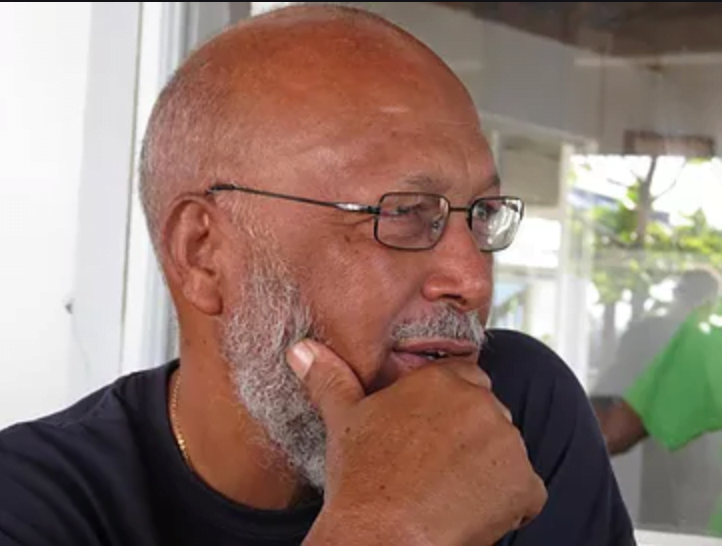NASSAU, BAHAMAS — The deadline for signing onto the landmark Escazú Agreement is only a few days away and local NGOs are urging the government to move swiftly to ensure that The Bahamas joins the regional push to protect environmental activists from violence.
In a statement yesterday, Save The Bays noted that across the world, and particularly in the Americas, the threat of violence or murder for environmentalists has never been higher than it is today.
The environmental group said the atmosphere for human rights and environmental defenders in the country has become much more threatening in recent years.
According to the most recent report from Global Witness, there were 212 murders of environmental activists internationally in 2019, with nearly 70 percent in the Latin America/Caribbean region.
The local environmental group sought protection from the Inter-American Commission on Human rights in 2016, due to an alleged campaign of harassment, intimidation and threats of death from a developer against five of its members.
It further noted members of the group also took legal action against the government to protect their rights after their conservation work provoked an invasion of privacy by high ranking officials.
“The ability to protect our environment depends on the ability of citizens to speak freely, express opinions and object if they think a project is too harmful or does not serve the national interest,” said Save The Bays chairman Joseph Darville.
“And freedom of speech cannot exist without freedom from fear of violent retaliation. If we want to ensure that regular Bahamians have a say in the future development of their country, we must do all that we can to protect the safety of those who speak out. Both Save The Bays and our close partner Waterkeepers Bahamas fully support this new agreement, the first of its kind in the region, and urge the government to move swiftly before the deadline arrives.”
The Escazú Agreement is an unprecedented accord that aims to improve access to public information and citizen participation on environmental issues, and to protect environmental defenders in the Latin America/Caribbean region.
Approved in March 2018 after six years of negotiations, it develops Principle 10 of the 1992 Rio Declaration on Environment and Development, which seeks to ensure access to information, citizen participation and access to justice in environmental matters.
Twenty-four states approved its final text in the Costa Rican town of Escazú, where the last of the nine meetings of the Negotiating Committee was held.
The Agreement features several innovative elements, including a specific provision on protection for environmental human rights defenders (HRDs) that is unprecedented in the region.
It enshrines a rights-based approach toward indigenous peoples and vulnerable populations, with provisions for access to information, participation and access to justice by these groups. The agreement also responds to the spirit of the United Nations’ (UN) Guiding Principles on Business and Human Rights regarding companies’ specific obligations to respect human rights in the context of their activities.
“This agreement is the culmination of years of work and cooperation between governments, environmental NGOs and human rights defenders across the region,” said Waterkeeper Bahamas executive director Rashema Ingraham.
“It seeks not only to increase transparency and access to information concerning development projects that may impact the environment, but also asserts the rights for activists to be free from repression, violence and threats of violence – whether they come from private companies, governments or other actors.
“The Bahamas should move to sign on immediately. We must stand and be counted among those progressive societies in the region that officially recognize the value of environmental protection, freedom of speech and rights-based activism.”
According to Article 21 of the Agreement, the deadline to become a signatory is tomorrow, September 26.


